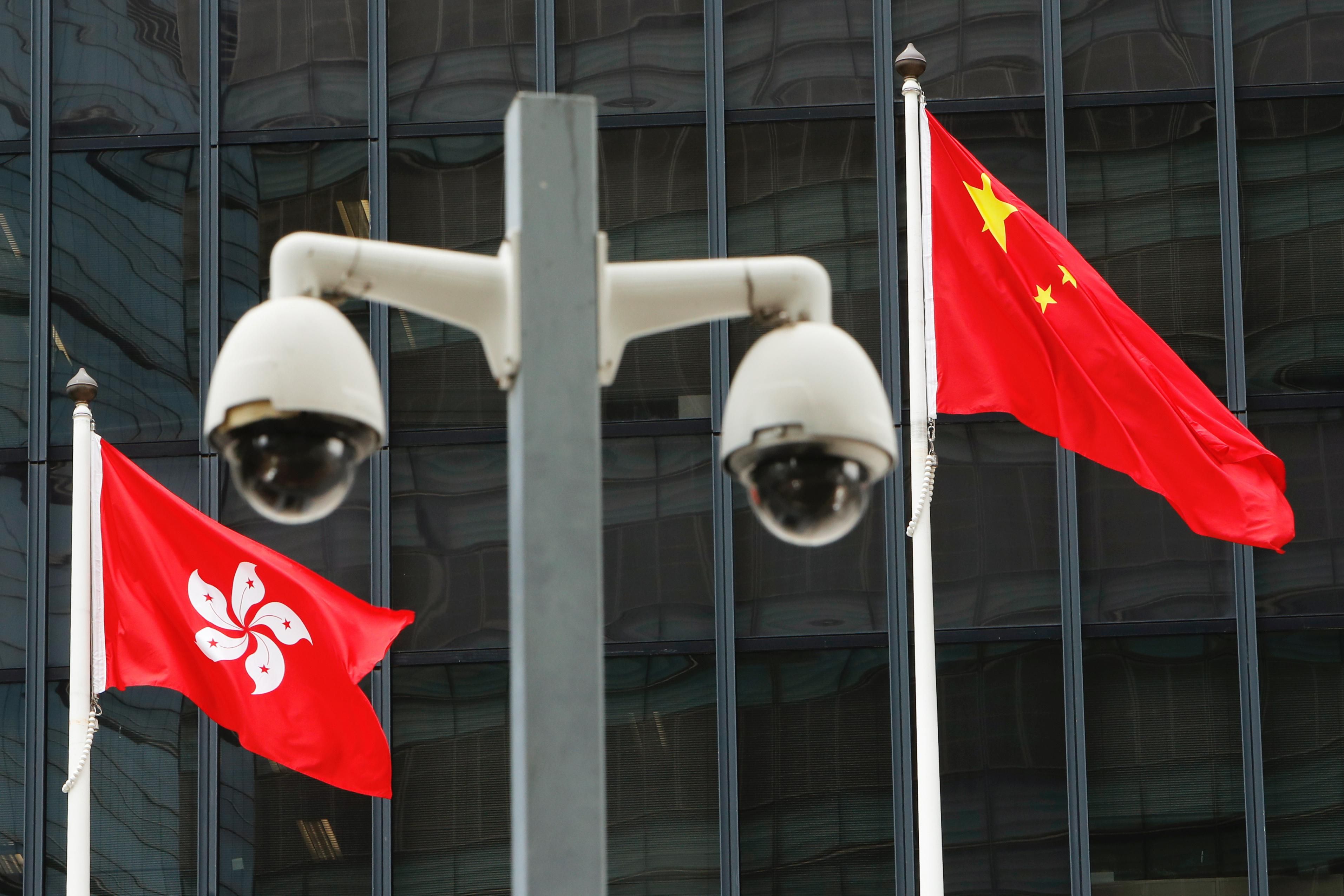What We’re Watching: Hong Kong a year later, Brazilian troops in the Amazon, Mexico’s marijuana moves
RIP Hong Kong as we knew it: Exactly a year ago on Wednesday, China imposed a draconian new national security law on Hong Kong. The measure gives Chinese authorities broad leeway to punish political dissent. It came in response to a massive pro-democracy movement on the semi-autonomous island that was touched off by Beijing's attempt to subject Hong Kongers to the jurisdiction of courts in mainland China, where the judicial system is more politicized. Since the new security law went into effect last summer, almost all vestiges of Hong Kong's once-vibrant civil society and relative political openness have been snuffed out. Opposition leaders have been jailed, pro-democracy lawmakers sidelined, and the free press largely shuttered. Meanwhile the US has revoked preferential trade and investment ties with Hong Kong, a number of European countries have cut extradition agreements, and most (but not all) countries around the world have condemned China's policy. And yet, from the perspective of Chinese President Xi Jinping, this is all arguably a win. He has suppressed one of the biggest popular challenges to China's authority in recent years, and made real the idea that there is only one system of government in China: his.
Brazil sends troops to the Amazon: Brazilian President Jair Bolsonaro has sent soldiers to the Amazon in order to stop illegal deforestation. This is the third time that Bolsonaro, whose enthusiasm for economic development of the rainforest has contributed to a surge in deforestation since he came to power in 2018, has sent soldiers to enforce environmental laws there. But conservationists and climate activists say that these missions have been poorly equipped and ineffective, providing the appearance of action without really reining in deforestation. As climate change returns to the international policy agenda, Bolsonaro has come under intense international pressure in recent months to do more to protect the Amazon, which is one of the world's most effective "carbon sinks" — a resource that removes greenhouse gasses from the atmosphere. Bolsonaro has bristled at what he and his supporters see as high-handed international meddling in Brazil's domestic affairs.
Mexico to legalize weed: The Brazilians may be trying to stop the burning, but Mexico is gearing up for some smoking. The country's Supreme Court on Monday struck down laws that criminalize the recreational use and cultivation of cannabis. It's a big step towards full legalization, which could make Mexico the world's largest legal cannabis market. Supporters say that would create jobs and, at the margin, undercut the power of drug cartels. But there are still legal hurdles, the most important of which is a legalization bill that was passed by the House but languishes in the Senate. That's in part because polls show nearly 60 percent of Mexicans oppose legalization. And with the cartels focused on more lucrative harder drugs like cocaine and opioids now, legalizing weed isn't likely to hurt them much. Even some pro-legalization activists say the bill doesn't do enough to create security and economic opportunity for farmers who could profit from growing cannabis. Will the Supreme Court ruling spark some fresh momentum in the Mexican Congress?